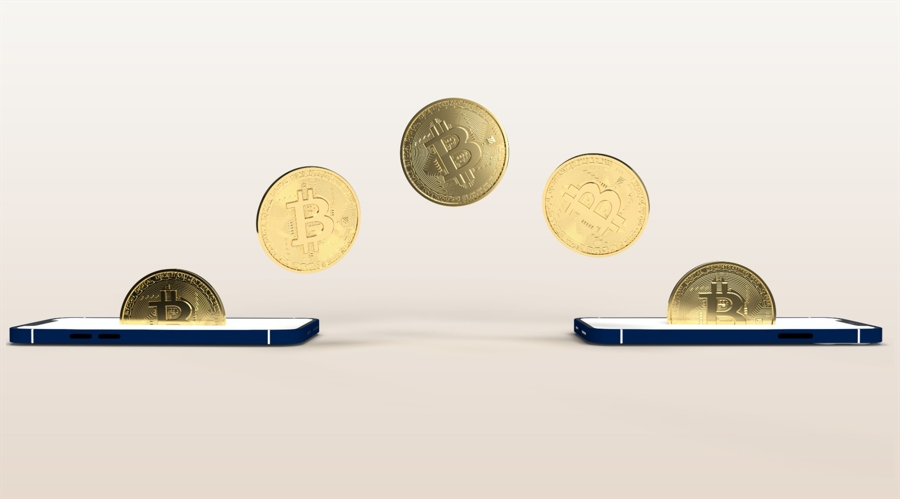In today’s world, money dances on our fingertips
Peer-to-peer payment apps like Venmo have woven themselves into the fabric of our daily lives
The Clash Between Titans and Watchdogs
In today’s fast-paced digital world, money is no longer confined to physical bills and coins. Instead, it dances on our fingertips, transferred with a nonchalant tap and a digital thumbs-up. Peer-to-peer payment apps like Venmo have woven themselves into the fabric of our daily lives, facilitating transactions with the ease of sharing a meme. But beneath the veneer of convenience lies a brewing battle – a clash between the titans of technology and the watchdogs of consumer protection.
The Consumer Financial Protection Bureau (CFPB), the government agency tasked with safeguarding consumers in the financial sector, has been closely monitoring the rise of peer-to-peer payment apps. While these platforms offer unprecedented convenience and efficiency, they also raise concerns about privacy, security, and consumer rights.
On one side of the battlefield are the tech giants behind these payment apps, leveraging cutting-edge technologies to streamline transactions and enhance user experience. Companies like Venmo, PayPal, and Cash App have revolutionized the way we exchange money, making it as easy as sending a text message. However, their rapid growth and dominance in the market have attracted scrutiny from regulators and consumer advocates.
On the other side are the watchdogs of consumer protection, who are wary of the potential risks associated with peer-to-peer payment apps. Issues such as data breaches, identity theft, and fraudulent transactions have raised red flags among regulators, prompting calls for stricter oversight and regulation in the industry.
As the battle between tech titans and consumer watchdogs intensifies, the future of peer-to-peer payment apps hangs in the balance. Will convenience triumph over caution, or will regulations reign in the wild west of digital transactions? Only time will tell.
How will this affect me?
As a consumer who regularly uses peer-to-peer payment apps, the outcome of this battle will directly impact the way you exchange money with friends, family, and businesses. Increased regulations could result in added security measures and protections for users, ensuring that your financial information is safeguarded against potential risks. On the other hand, stricter oversight could lead to limitations on certain transactions or fees, affecting the overall convenience and accessibility of these apps.
How will this affect the world?
The ramifications of this clash between tech titans and consumer watchdogs extend far beyond individual users. The outcome of this battle could shape the future of digital payments and financial regulations on a global scale. As peer-to-peer payment apps continue to gain popularity and influence, regulators around the world will be closely monitoring the developments in this industry to ensure that consumer rights are protected and market competition is preserved.
Conclusion
In the evolving landscape of digital transactions, the clash between tech titans and consumer watchdogs highlights the need for a delicate balance between convenience and protection. As peer-to-peer payment apps become increasingly integrated into our daily lives, it is crucial for regulators, companies, and consumers to work together to ensure that financial innovation is accompanied by accountability and transparency.





